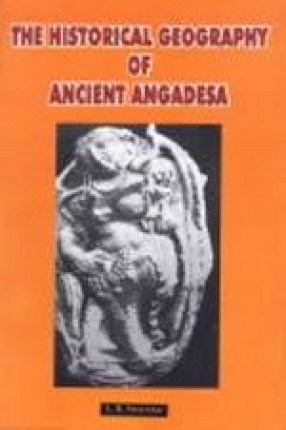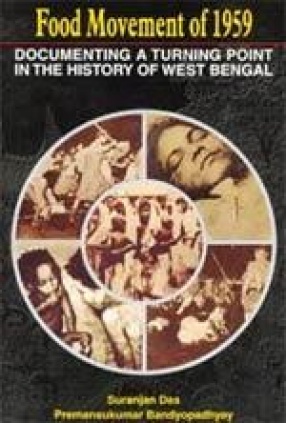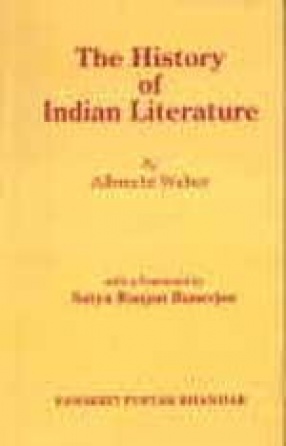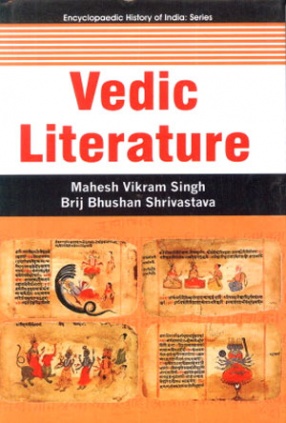The history of South Bihar plains along the right bank of the river Ganga earlier known as Angadesa presently corresponding to the districts of Bhagalpur and Munghyr and partially districts of Santhal Pargana and Ganga which formed an important regional entity in the heart to Eastern India has remained comparatively neglected. The abundance of its material wealth in form of natural resources, archaeological source material and literary evidence shows that this region provides exciting historical insights to the student of the ancient Indian history. Anga though referred to in the Vedic emerged as one of the sixteen Mahajanapadas in Buddhist period and is referred to as such in Buddhist literature. With the rise of Magadhan empire Anga got assimilated into the Magadhan empire and therefore the number of literary reference to Anga become less. However Anga remained important and is referred to separately in almost all the inscriptions in the subsequent period. The references give only a conventional account when they refer to the regions of Eastern India by making a rhythm Anga, Vanga and Kalinga. However, such a description brings out the personality of the region of Anga. From later Gupta period Anga asserts itself and emerges as an important geo-political entity and remains so throughout Pala-Sena period. During this long history of Anga its boundaries did not remain fixed, they were changing. At times it becomes closer to Magadha and at other times it became more closer to Vanga in terms of its political and cultural history. It is this phenomenon, which is brought out clearly by archaeological, finds in which we have concentrated our study.
Food Movement of 1959: Documenting A Turning Point in the History of West Bengal
The present volume is not a ...
$30.60
$34.00





There are no reviews yet.